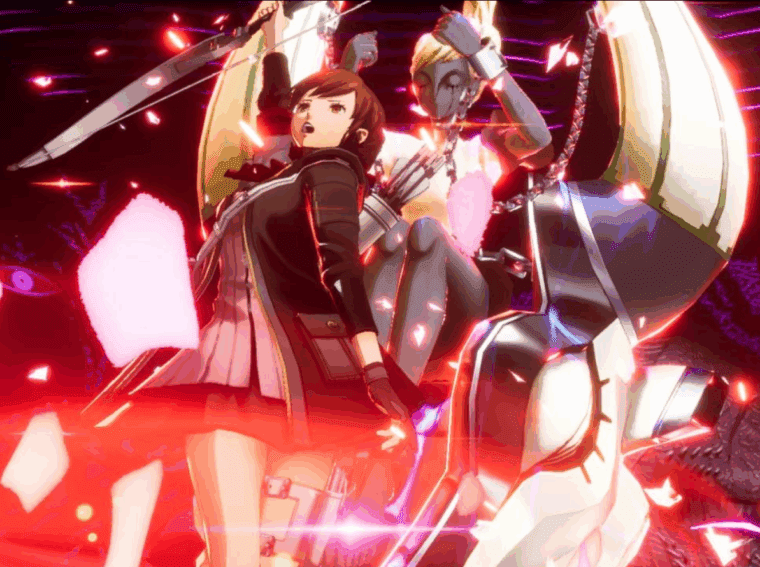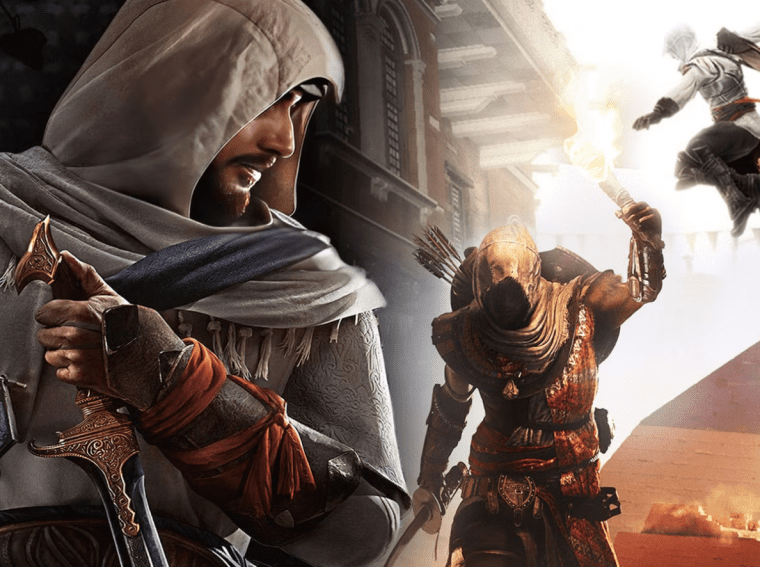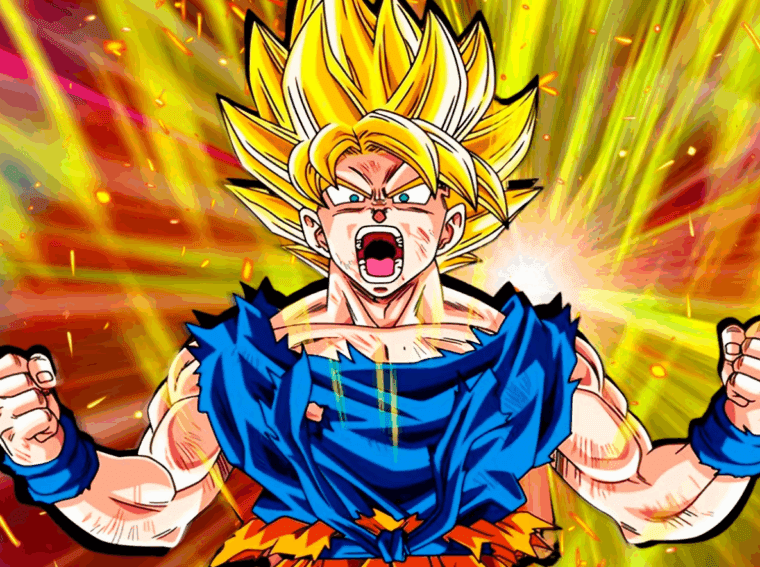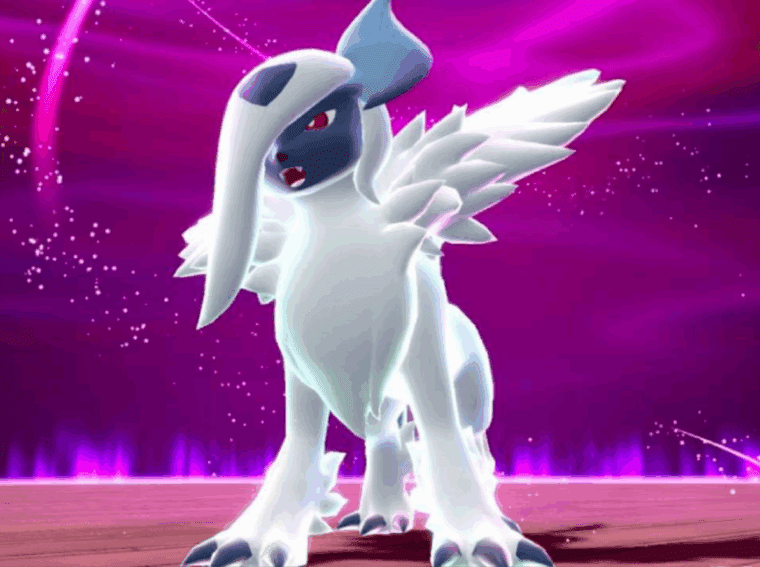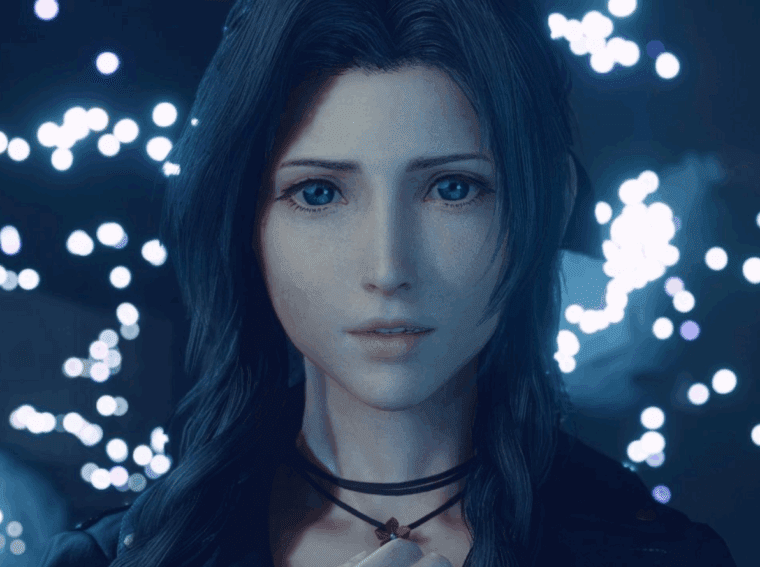The Persona series just keeps moving forward, and with every release, fans feel an interesting mixture of joy and discontentment. This time, however, we focus on Persona 3 Reload and Persona 4 Revival, as the two are presently in the news for quite diverse reasons.
Persona 3 Reload, the remake of the original game, has proven itself worthy. Since its launch earlier this year, it has sold more than two million copies across the globe, an indication that the story and characters still resonate with a lot of us. I, for one, replayed it partly based on nostalgia, and I was amazed at how the game still left me emotionally scarred after all those years.
But then a question people kept on asking: how come it wasn’t on Nintendo systems? Now we have an answer: Switch 2 will see the launch of Persona 3 Reload on October 23. But fun times are not ahead, with conversations around this one.
In the USA, the standard version is priced at 60 dollars. The more expensive digital edition is priced at 90 dollars, as it bundles in the “Episode Aigis” DLC alongside costumes and music packs. Many fans, myself included, were upset by the physical version. Instead of providing a complete game cartridge, it contains just a digital download code. That’s a little bit of a disappointment for collectors or anybody who enjoys having a physical copy. Instead, it should have started a celebration for the release of new hardware, but instead, it started an argument on value and what constitutes a real release.
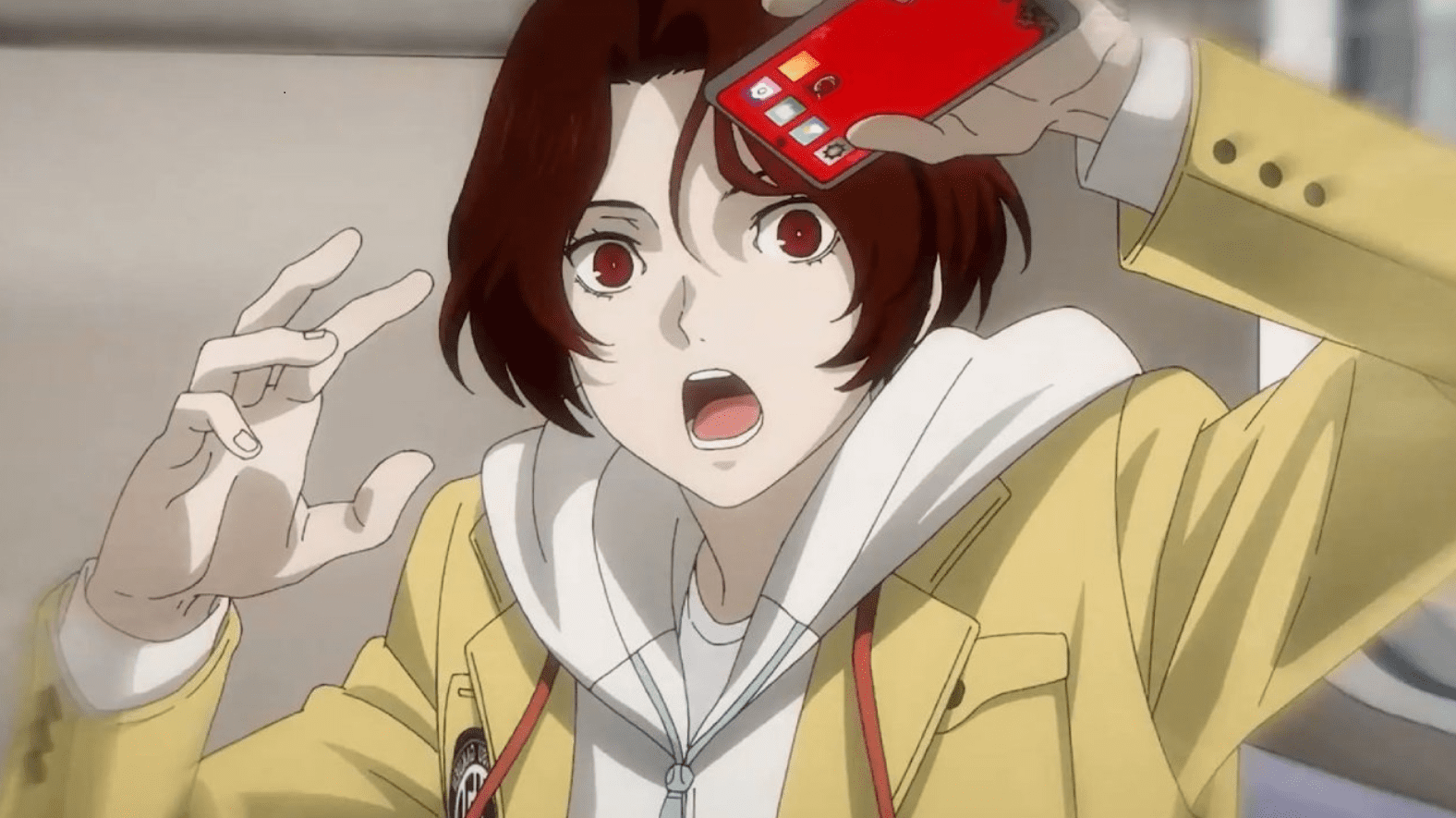
Updates concerning Persona 4 Revival do not involve any major controversies, but they still remain significant. Steam listings confirm that the game will launch with support for 15 languages: English, French, German, Italian, and Spanish (European and Latin American), Japanese, Korean, Polish, Portuguese (Brazilian), Russian, Simplified and Traditional Chinese, Thai, and Turkish. That means people from all around the world will finally have the chance to experience one of the best RPGs of its time in their language. I think this is exactly what needs to be done, seeing as I have friends who never played Persona 4 just because they never had it in their language.
There is an issue here, too, though. We do know that Persona 4 Revival will utilize Denuvo DRM. The publisher has done this previously, but DRM has always been a point of contention. Though the rationale for it is to prevent piracy, most players argue that it introduces lag or otherwise bad performance for their games. Persona games rely on fluid gameplay, so any hitching or frame rate drop might ruin the experience. The discussion, it seems, is just in a never-ending cycle.
On the surface, both updates might seem to be minutiae, but they signify a lot about what lies ahead for the Persona franchise. Persona 4 Revival opens up new doors for a larger audience; however, discussions surrounding value, as well as what constitutes a true release, have also arisen for Persona 3 Reload’s Switch 2 launch.
With all of this, it is clear that Atlus is shaping the future of Persona in not always obvious ways. Packaging considerations, pricing, and localizations are all showing which way the company is going. In the end, the real question is, will such moves help to conserve the Persona legacy or build new irritants among old fans?
To me, both Reload and Revival are pure must-plays. Persona 3 Reload discusses the Switch 2; I wonder how this will perform over there. Persona 4 Revival is indeed taking this game to a bigger audience, which I consider a major win. Yes, attributes may not be some of the best, but it is truly indisputable that these two will significantly mark the way forward for the series.
As the month of October comes closer, fans of Persona are not only expecting release dates; the questions run deeper. Persona is, after all, walking again, and it might surprise us in ways we did not imagine. You may also be interested in: Atlus Survey Points Toward Future Persona, SMT, and Etrian Odyssey Projects

